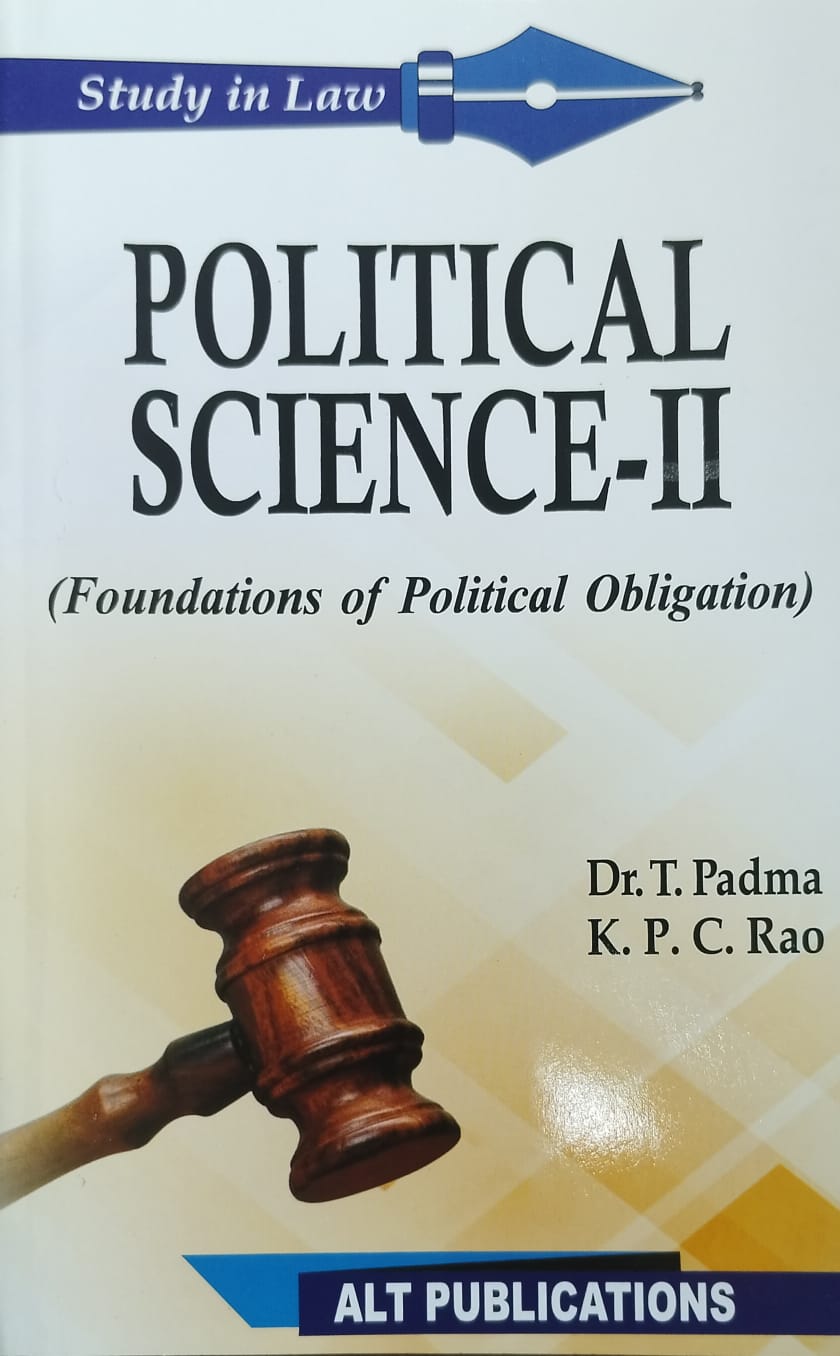After World War II political philosophy moved into a temporary eclipse in the Anglo-American academic world, as analytic philosophers expressed skepticism about the possibility that normative judgments had cognitive content, and political science turned toward statistical methods and behavioralism. The 1950s saw pronouncements of the ‘death’ of the discipline, followed by debates about that thesis.
Communism remained an important focus especially during the 1950s and 60s. Colonialism and racism were important issues that arose. In general, there was a marked trend towards a pragmatic approach to political issues, rather than a philosophical one. Much academic debate regarded one or both of two pragmatic topics: how (or whether) to apply utilitarianism to problems of political policy, or how (or whether) to apply economic models (such as rational choice theory) to political issues. In Anglo-American Academic Political Philosophy the publication of John Rawls’s A Theory of Justice in 1971 is considered a milestone. Today some debates regarding punishment and law center on the question of natural law and the degree to which human constraints on action are determined by nature, as revealed by science in particular. Other debates focus on questions of cultural and gender identity as central to politics.
The standard way of establishing political obligation, and so binding citizens to obey the laws of the state, in liberal thought and, putatively at least, in liberal practice. Consent in the political realm is modelled on the private promise and subject to the same qualifications: it is morally binding only in so far as it is voluntary, undertaken with full knowledge, after deliberation. The pre-liberal practice of exacting oaths of allegiance to new rulers suggests that the idea of consent has practical as well as theoretical value. As obviously or mysteriously as the promise, political consent generates a strong sense of being bound. Hence it provides a foundation for the claims made on individuals by established regimes and for the charge of criminal disobedience, rebellion, or treason if these claims are ignored or refused.
In this book we have broadly covered foundations of political obligation (different approaches/theories) besides legitimation, problem of punishment etc. This book provides a short cut to the students of the 5 year law degree course to enable them to get a broad understanding of the topics that would be covered under the revised syllabus with effect from the academic year 2009-2010.
